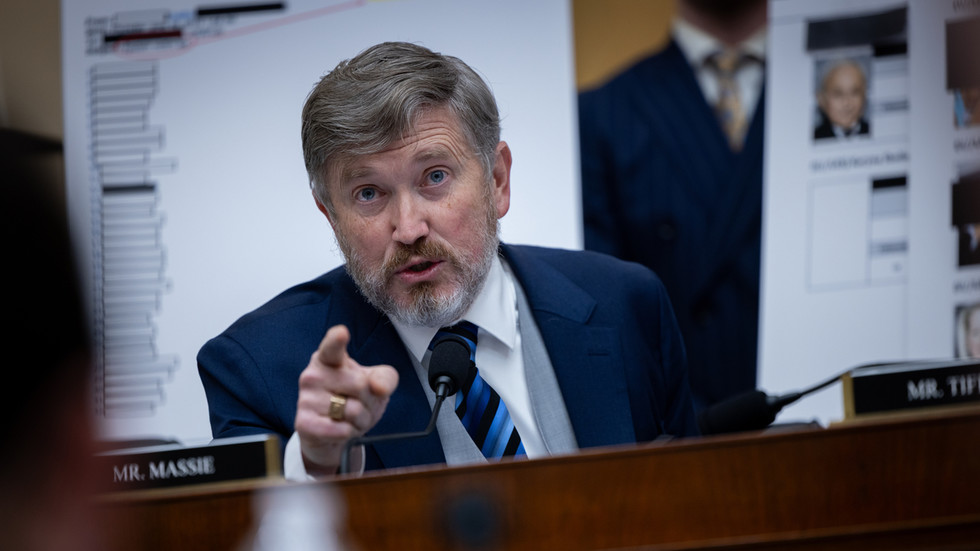Kenya’s government has greenlit sweeping reforms to address systemic failures in its healthcare sector, aiming to restore public trust and strengthen oversight amid longstanding concerns over malpractice and regulatory gaps. The Cabinet, under President William Ruto, approved the Quality Healthcare and Patient Safety Bill, 2025, which proposes the establishment of a new regulatory body to enforce national standards and hold facilities accountable.
Central to the legislation is the creation of the Quality Healthcare and Patient Safety Authority, tasked with monitoring compliance, licensing all medical facilities, laboratories, and ambulance services, and ensuring adherence to patient safety protocols. The move follows years of criticism over fraudulent practices, inadequate care, and collusion between regulators and healthcare providers, which officials say have undermined Kenya’s Universal Health Coverage (UHC) goals. “The lack of clear standards, coupled with weak oversight, has left patients vulnerable and eroded accountability,” read a statement from State House, emphasizing the bill’s focus on dismantling “entrenched impunity” in the sector.
Mandatory accreditation and registration for healthcare providers will now be enforced, alongside measures to bolster emergency medical services and patient rights. Facilities will also be required to implement quality improvement plans, addressing gaps identified in service delivery. The reforms align with broader efforts to expand access to reliable healthcare, a pillar of the government’s UHC agenda, which seeks to ensure affordable medical services for all citizens.
The Cabinet’s Tuesday session also addressed economic and infrastructure priorities, signaling a shift toward privatization and private-sector collaboration. Plans to sell the state-owned Kenya Pipeline Company aim to enhance operational efficiency and profitability, while accelerated payments to road contractors are expected to revive stalled projects and improve cash flow. “This reflects a policy shift to reduce the government’s role in business and empower the private sector to drive growth and innovation,” the State House noted.
Healthcare advocates have long called for stricter oversight in Kenya’s medical sector, where unlicensed clinics and diagnostic centers have operated with limited scrutiny. Incidents of misdiagnosis, unethical practices, and inadequate emergency response have fueled public frustration, particularly in low-income areas. The new authority’s mandate to conduct regular inspections and impose penalties for non-compliance could mark a turning point, though implementation challenges remain.
The bill’s passage through Parliament will be closely watched, as will the execution of parallel reforms in infrastructure and youth employment. For now, the government’s dual focus on healthcare overhaul and economic restructuring underscores its bid to address both social welfare and fiscal sustainability—a balancing act critical to Kenya’s development trajectory.



